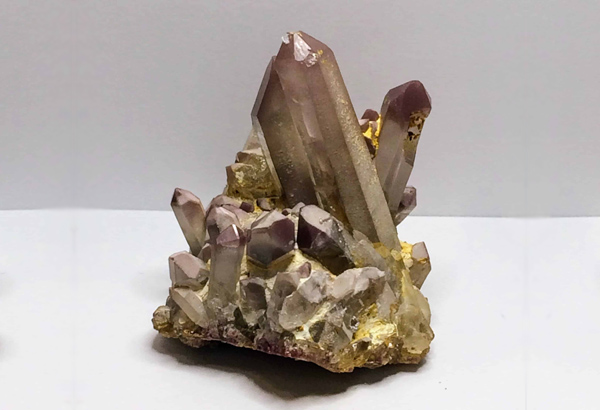
Brazil is emerging as a major player in the global lithium market. With vast reserves and growing demand, the country holds immense potential to reshape the industry, but challenges remain before it can reach its full potential.
Lithium prices soared in 2023, reaching record highs due to surging demand for electric vehicles (EVs) and battery storage. This fueled investments in Brazilian projects, particularly in the "Vale do Lítio" (Lithium Valley) region of Minas Gerais.
Brazil boasts the world's second-largest lithium reserves, estimated at 38 million tonnes. Unlike competitors like Chile and Argentina, its deposits are mainly hard rock, requiring different processing methods but offering higher lithium grades. Additionally, Brazil aims to develop a "green lithium" industry, focusing on sustainable and environmentally friendly extraction practices.
Despite its advantages, Brazil faces several hurdles. Regulatory and permitting processes can be slow and complex, deterring some investors. Infrastructure limitations, particularly in remote mining areas, need improvement. Technological advancements are crucial to extract and process lithium efficiently and cost-effectively.
Brazil's government recognizes the significance of the lithium industry and is implementing initiatives to accelerate its development. Streamlining regulations, investing in infrastructure, and fostering technological innovation are key priorities. Partnerships with international companies can bring crucial expertise and capital.
While the current market offers both opportunities and challenges, Brazil's lithium potential is undeniable. By addressing existing hurdles and capitalizing on its unique advantages, the country can establish itself as a major force in the global lithium market, shaping the future of clean energy and creating significant economic benefits.
